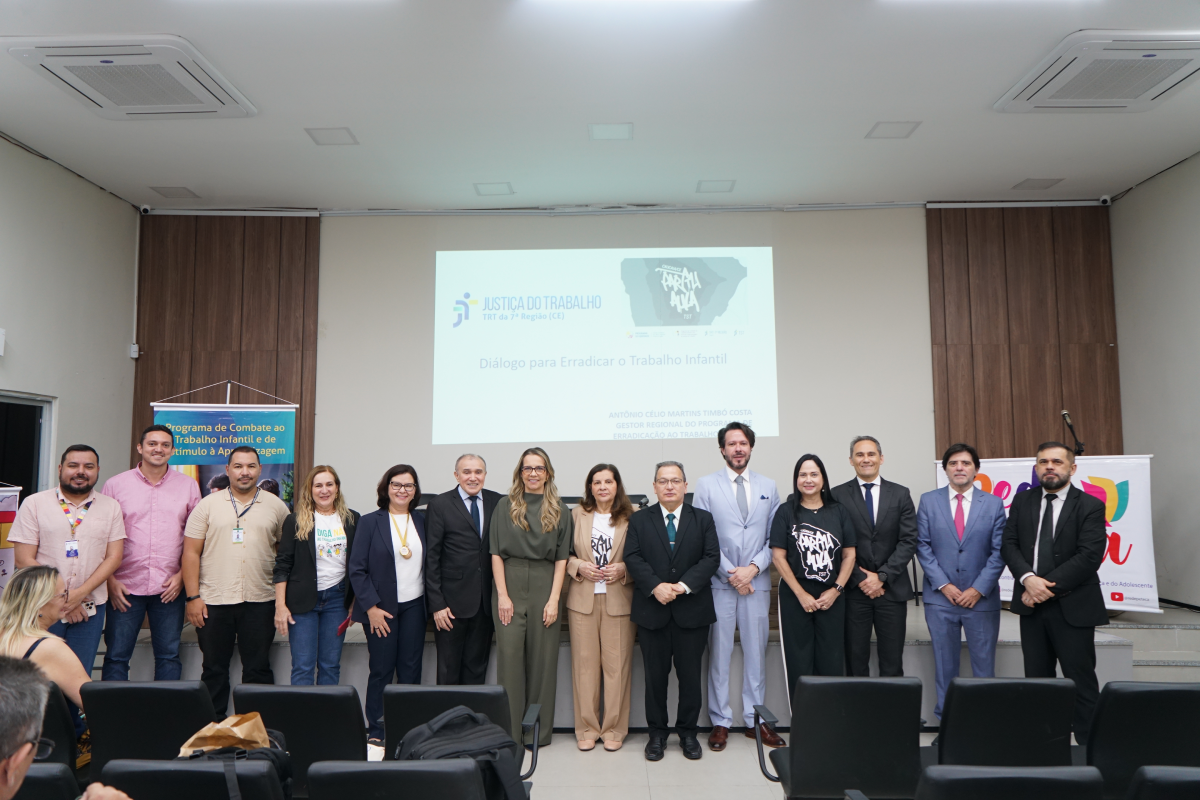Brazilian group develops an AI to help in public expenditures monitoring. Rosie, the robot’s name, found more than 8.000 suspicious reimbursements from Brazilian congresspeople.
Despite all the corruption related news coming from Brazil, there is a movement for transparency in the country. Several bills signed in the last few years put Brazil in the top of transparency rankings worldwide, specially when our former president Dilma Rousseff signed in 2011 the Access of Information Law, a Brazilian version for the american FOIA (Freedom of Information Act), which completed 50 years in 2016. It makes open data compulsory for all public bodies. Something similar has happened in some other countries, like Sweden (1766), Mexico (2002) or even Mozambique (2014).
Based on this policy, a multidisciplinary group started a project last year with one clear objective: develop an Artificial Intelligence to empower social control on public expenditures. “We know Brazil have a lot of open data, on how our representatives spend public money; and we have data analysis skills. Thus we decided to combine both in order to make an informed decision on who to vote, for example.”, says Ana Schwendler, one of the data scientists working on the project.
In September 7th, 2016 “Operation Serenata de Amor” was launched in a crowdfunding campaign. During the following months they raised money to support 90 days of full-time work on the project. That is how their technology got started for real.
The first focus of the group was a specific public expenditure: CEAP, the Portuguese acronym for Quota for Parliamentary Activity. Brazilian law spare a total between R$ 33.000 (US$ 10,500) and R$ 46.000 (US$ 14,700) to refund politicians for expenses on meals, flight tickets, fuel, car rental, etc. while they are doing their representative job.The amount depends on the state of the congressperson.
According to the Chamber of Deputies the team in charge of processing these claims for reimbursement gets around 1,500 receipts from politicians requesting to be refunded every day — summing more than 20,000 claims every single month. The whole process of checking the expense is manual — a flaw that makes room for errors, mistakes and corruption to pass unnoticed.
Right from the start Operation Serenata de Amor seemed promising: there were 7 suspicious reimbursements found, with no Artificial Intelligence use, just in the first week of the project — one of them in Las Vegas: a congressman payed for a bottle of beer at the Gordon Ramsay restaurant and got his money back.
After a couple of weeks the AI raised that bar: more than 8,000 suspicious reimbursements were flagged by Rosie. During last January, the team officially reported more than 600 of them to the Brazilian Chamber of Deputies.
Beyond identifying suspicions and reporting the project gave Rosie a Twitter account in June. Now she posts her findings and tags the congress person allowing the general public to get in touch with them and ask for clarification. According to Pedro, one of the journalists on the project, Rosie’s account changed the way the population and politicians see the project: “We’re are living a time in which congresspeople argues with robots on Twitter. We made democracy more accessible. People can ask for information about public expenditures straight to the politician and get the answer in a tweet” he says.
The team also intends to expand the project to other public bodies, as explains Irio Musskopf, technical leader of the whole group: “As we work we find more opportunities for expansion. In 2 months Rosie detected 4 kinds of suspicious reimbursements. Improving her skills is really critical to tackle Brazilian corruption.”.
Operation Serenata de Amor also counts on more than 500 volunteers sharing their work and thoughts as the whole project is open source. The only financial source backing the team comes from a recurrent crowdfunding campaign in which people can donate money to keep Rosie on track.
Brazilian group develops an AI to help in public expenditures monitoring. was originally published in Data Science Brigade on Medium, where people are continuing the conversation by highlighting and responding to this story.
Conheça o projeto Operação Serenata de Amor.
Fonte






























